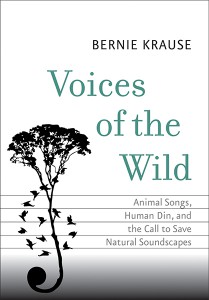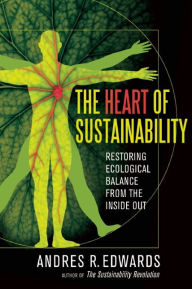“Every time you spend money, you’re casting a vote for the kind of world you want.” – Anne Lappe
Here are a few ideas and suggestions for less materialistic, more beneficial and values-driven gift-giving—for the holidays or any other occasion:
- Think about some non-commercial or non-material things you would like, and think about or ask your family and friends what types of non-material things they would like. On
 the SoKind Registry, you and others can create your own wish lists, which can include anything (not just new stuff), such as experiences/activities (e.g., parks passes/memberships, event tickets), time/assistance or services, handmade/homemade or homegrown goods, donations to charities (see #2 below), etc.
the SoKind Registry, you and others can create your own wish lists, which can include anything (not just new stuff), such as experiences/activities (e.g., parks passes/memberships, event tickets), time/assistance or services, handmade/homemade or homegrown goods, donations to charities (see #2 below), etc.
- Donate to charitable organizations in honor of the people on your gift list. You could pick a cause that you know they support. Some of our previous posts list various environmentally and socially beneficial organizations, including: broad-based sustainability orgs, and other lesser-known environmental and non-environmental orgs. And here are some other types of organizations you might consider: a refugee rescue organization (such as the IRC or UNHCR), wildlife conservation/protection group, animal shelter or animal rescue group, food bank, homeless shelter, women’s shelter, foster child or other children’s organization, Habitat for Humanity, seniors support organization, Meals on Wheels, a tree-planting organization, a local rural/volunteer fire department, or a public radio/TV station or investigative media outlet. You could also give the TisBest Charity Gift Card, which allows the recipient to spend the funds on a charity of their choice (among 300+ options).
- When buying products, buy from small, locally owned businesses, green businesses, and/or businesses that are certified B Corporations or benefit corporations. A few B Corps that sell consumer products include: Patagonia, The Honest Company, Indigenous Designs, W.S. Badger, Alter Eco, Atayne, Better World Books, Saul Good Gift Co., Seventh Generation, Method, and Ben and Jerry’s. (Whatever you do, please try to avoid shopping on Amazon or at Walmart!)
 Give the gift of information and inspiration: books! There are so many great books (and e-books) on sustainability topics. Go to your local independent bookstore (or if you don’t have one, you could shop online at Better World Books, Indiebound.org, Barnes & Noble, or Powells Books); be sure to avoid shopping for books on Amazon. Here are a few recently published books you could check out:
Give the gift of information and inspiration: books! There are so many great books (and e-books) on sustainability topics. Go to your local independent bookstore (or if you don’t have one, you could shop online at Better World Books, Indiebound.org, Barnes & Noble, or Powells Books); be sure to avoid shopping for books on Amazon. Here are a few recently published books you could check out:
Voices of the Wild: Animal Songs, Human Din, and the Call to Save Natural Soundscapes, by Bernie Krause (who also recently wrote The Great Animal Orchestra)
The Heart of Sustainability: Restoring Ecological Balance from the Inside Out, by Andres Edwards
The Sixth Extinction: An Unnatural History, by Elizabeth Kolbert
Encyclical on Climate Change and Inequality: On Care for Our Common Home, by Pope Francis
The Permaculture City: Regenerative Design for Urban, Suburban, and Town Resilience, by Toby Hemenway
You can find a wide selection of other books on green topics from Chelsea Green Publishing and New Society Publishers and Island Press, among other publishers.
Whatever you give as gifts, do your best to avoid buying cheaply-made, sweatshop-manufactured (labor-exploiting), toxic, disposable, or wasteful products and packaging. Instead, consider alternatives to buying new Things, and when you do buy products, look for Fair Trade or locally made, well-made and durable (or edible/consumable), efficient, non-toxic, and needed or at least useful goods made by ethical companies, using organic, recycled, or natural materials and minimal packaging, whenever possible.
To get off of mailing lists for unwanted catalogs and junk mail, check out CatalogChoice.
For some additional green-gift suggestions, see these posts:

{ 0 comments… add one now }